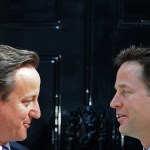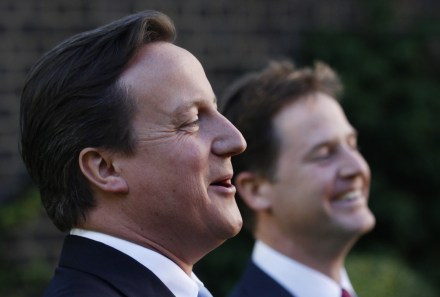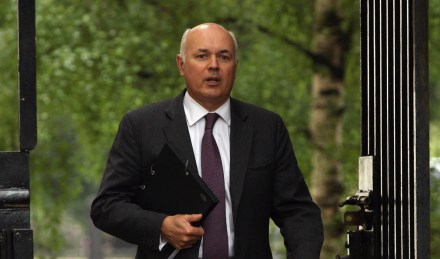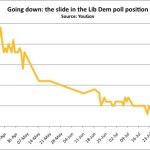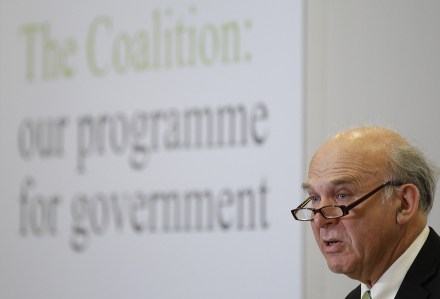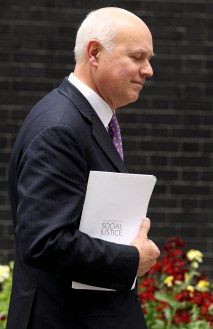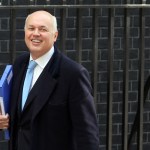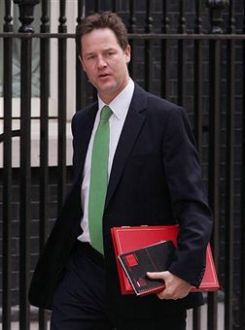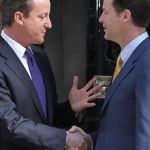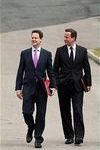The Price of Nick Clegg’s Success
As Pete says, Danny Finkelstein’s column (£) today is characteristically excellent. The problems facing the Liberal Democrats now and, perhaps, at the next election are problems caused by success, not failure. The Lib Dems had three options after the votes had been counted: do a deal with the Tories, try and cobble something together with Labour or remain aloof from the hurly-burly and leave the Tories to govern as a minority – perhaps on a supply or confidence basis. Given those options Nick Clegg followed his own instincts (and those of the country as a whole) and opted for the Tories. This was both the right thing to do and


